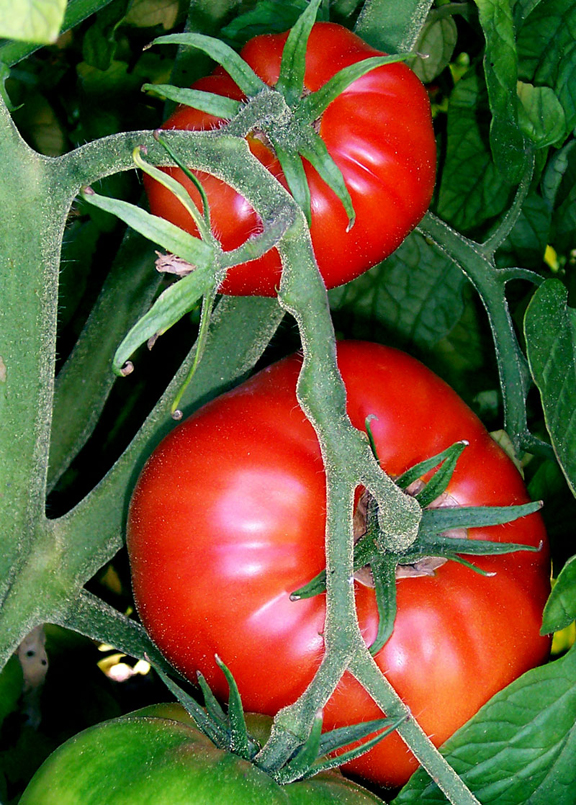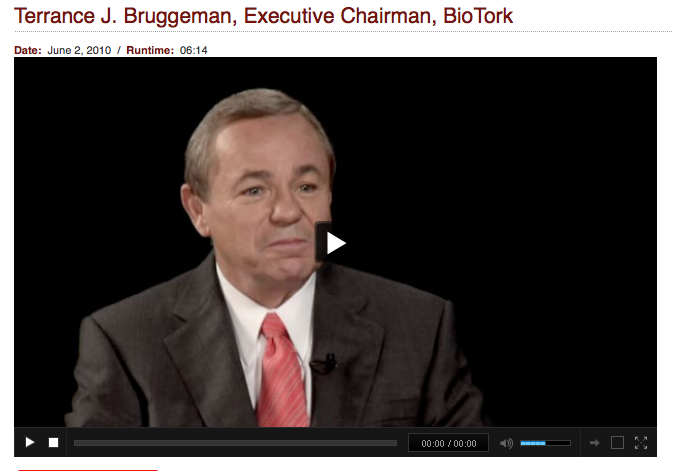Richard Ha writes:
Yesterday at the farm I had a meeting with all our workers. It was an update on where we have been and where we are going.
Where we’ve been
The price of oil has quadrupled in the last 10 years, and those who could pass on the cost did. Those who could not pass on the cost ended up paying more. Farmers are price takers, not price makers, so farmers’ costs increased more than their prices.
Anticipating higher electricity prices, we lobbied for and passed a law that the Department of Agriculture create a new farm loan program that farmers could use for renewable energy purposes. Then we started to design a hydroelectricity program to stabilize our electricity costs.
Where we are today
The hydroelectricity project is within weeks of completion. With the combination of a farm loan and a grant from the Department of Energy, we will stabilize our electricity price at 40 percent less than we pay today.
The pipe that transports the water appears to me like it will last for more than 100 years. After the loan is paid off, our electricity will be practically free for more than 60 years.
Where we are going
We are taking advantage of our resources – free water and stable electricity costs – by working with area farmers to help each other grow more food.
What kind of food? Responding to consumer demand, we want to
produce food with a wide variety of nutritional content, including protein, via aquaculture.
In order to be sustainable, the feed-based protein must be vegetation-based. And since the building block of protein is nitrogen, we are looking for an adequate nitrogen source. Unused, wasted electricity can be used to make ammonia, which is a nitrogen fertilizer and, like a battery, can be used to store energy.
What does the future
look like?
Other than stable electricity, which would help us, our serious
concern is the anti-GMO Bill 79. It seeks to ban any new biotech solutions to farmers’ problems on the Big Island. The result is that the rest of the counties and the nation would be able to use new tools for more successful farming, and the Big Island would not.
What would happen is that Big Island farmers would become
less competitive, which would put even more pressure on those already at the bottom of the pay scale. It would result in higher food costs, making consumers less able to support local farmers.
The folks pushing for the anti-GMO bill have not talked to farmers, and they have no clue that this bill would make Hawai‘i less food
secure. The bottom line is that food security involves farmers farming. If the farmers make money, the farmers will farm. If not, they will quit.



